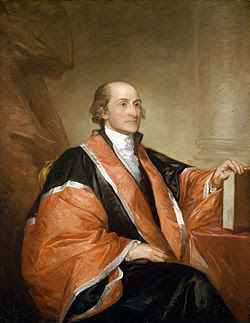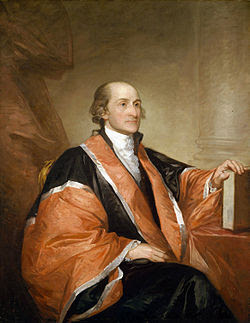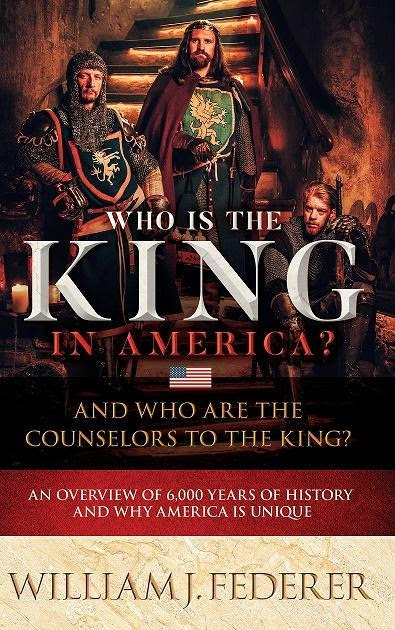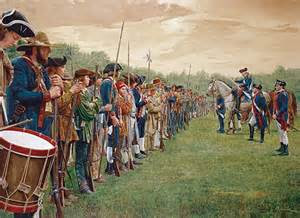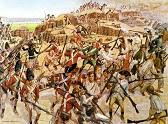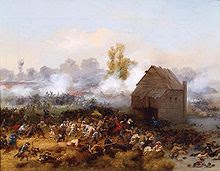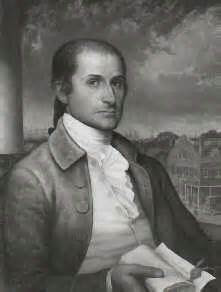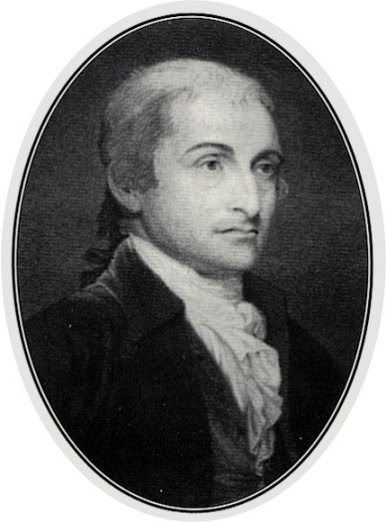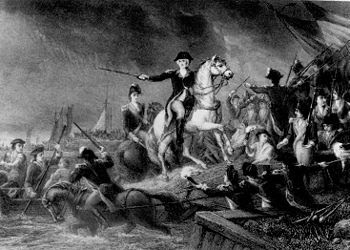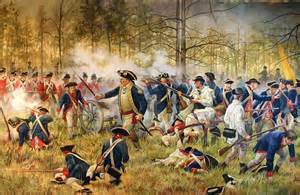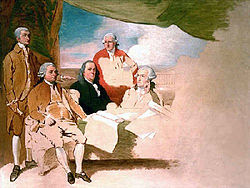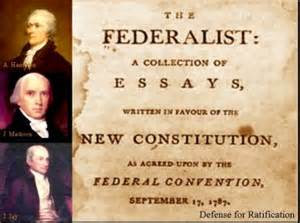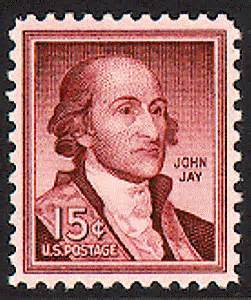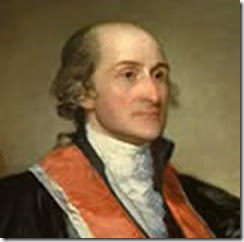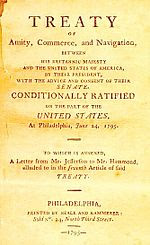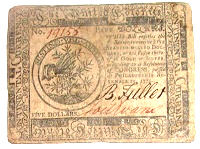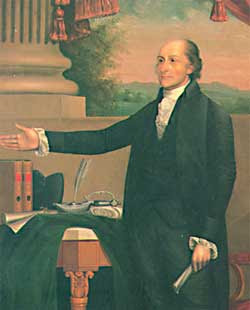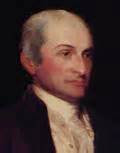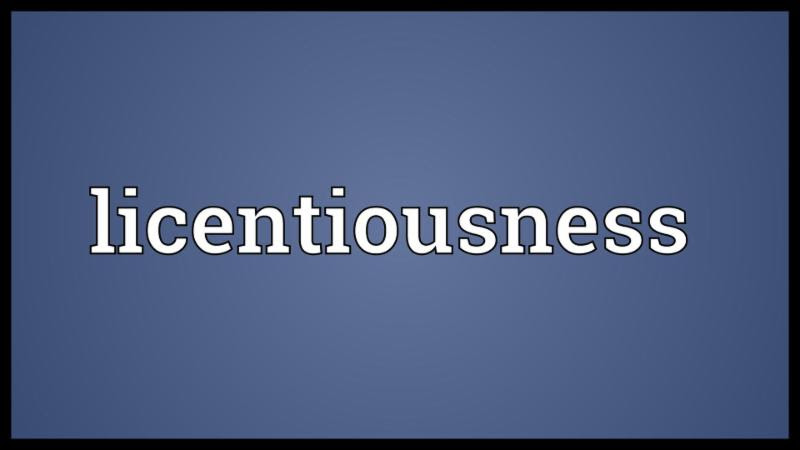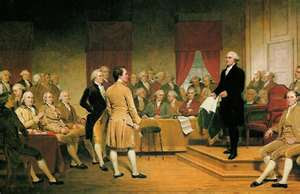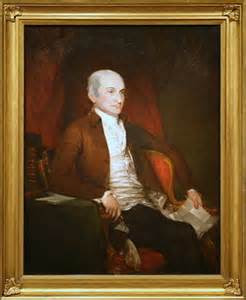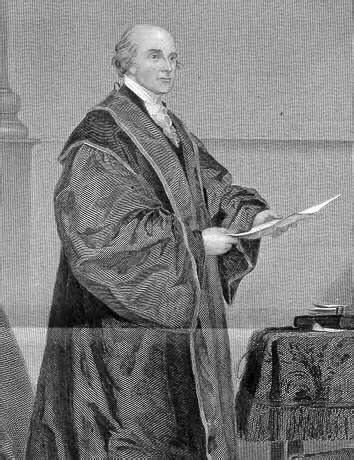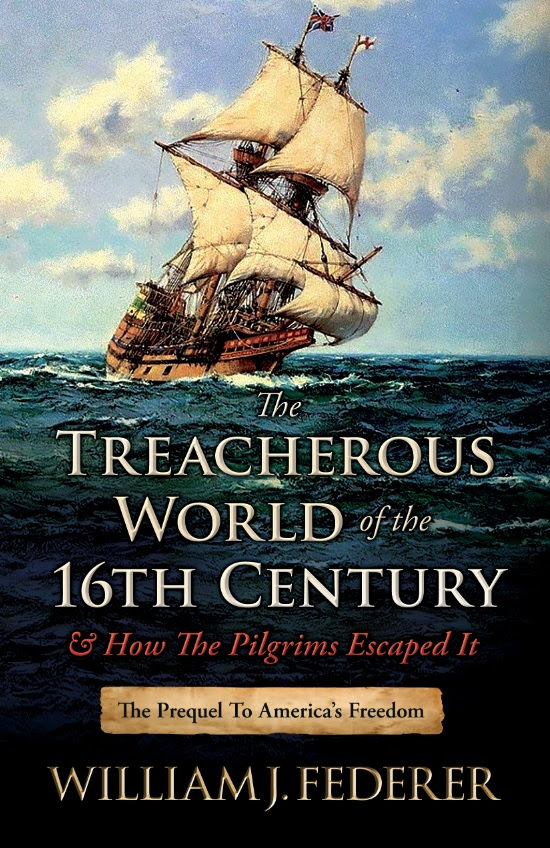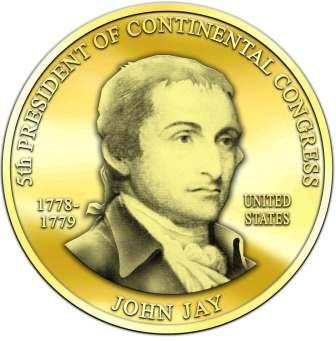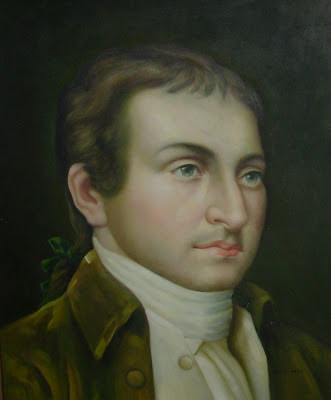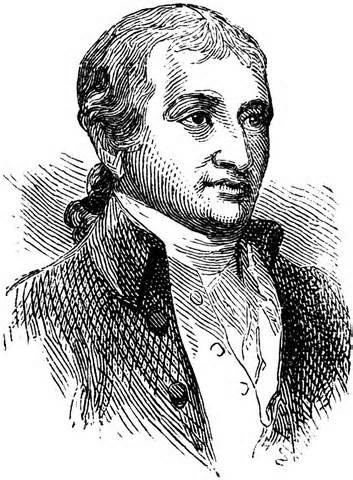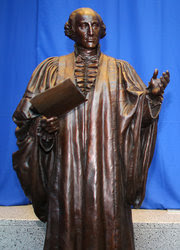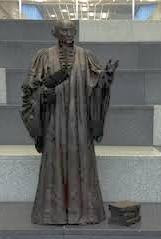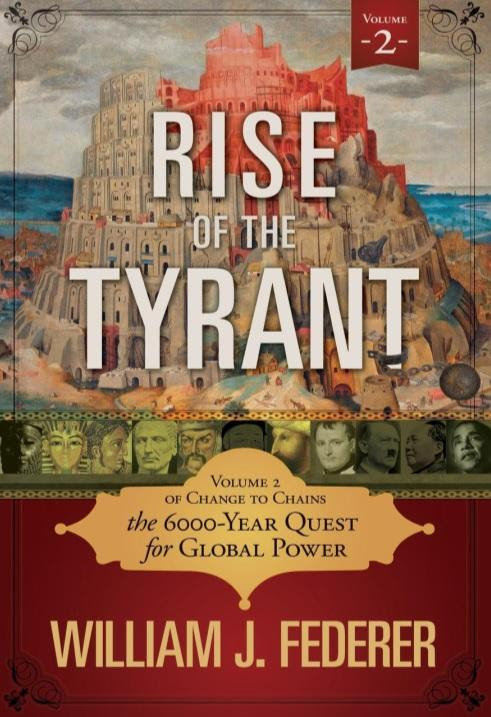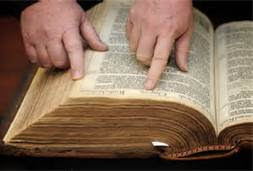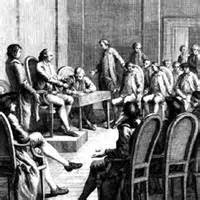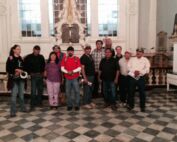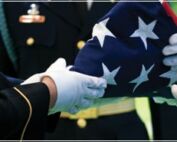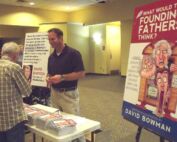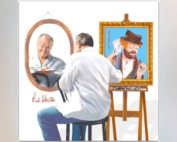On May 28, 1802, John Jay wrote to his children after his wife’s death:
“Now if Christ be preached that he rose from the dead, how say some among you that there is no resurrection of the dead? … Behold I show you a mystery; we shall not all sleep, but we shall all be changed … Death is swallowed up in victory. (I Corinthians 15)”
Jay wrote to John Murray, a Representative in the Pennsylvania House, October 12, 1816:
“Real Christians will abstain from violating the rights of others, and therefore will not provoke war.
Almost all nations have peace or war at the will and pleasure of rulers whom they do not elect, and who are not always wise or virtuous.
Providence has given to our people the choice of their rulers, and it is the duty, as well as the privilege and interest, of our Christian nation to select and prefer Christians for their rulers.”
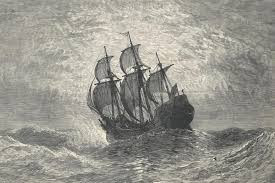 "Squanto ... was a special instrument sent of God...
"Squanto ... was a special instrument sent of God... Executive Order on Establishing the President’s Advisory 1776 Commission
Executive Order on Establishing the President’s Advisory 1776 Commission
